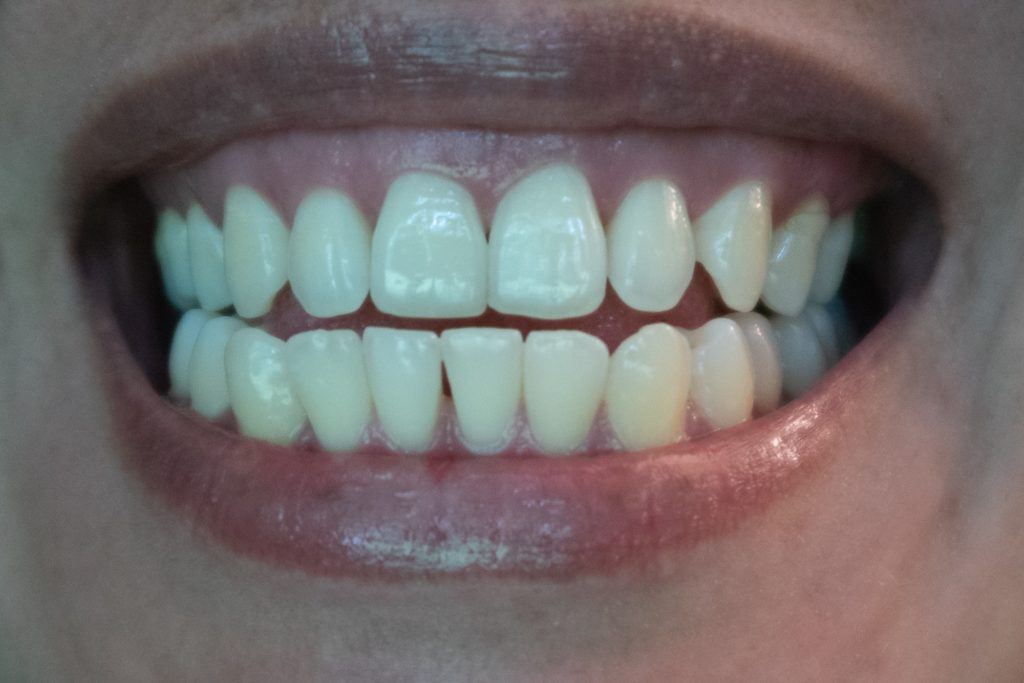Growing older brings many changes, and your oral health is no exception. It’s a common misconception that losing teeth is an unavoidable part of aging. With proper care and awareness, you can maintain a healthy, functional smile for a lifetime. Understanding how your teeth and gums evolve over the years is the first step toward effective lifelong dental care.
Common Dental Changes Associated with Aging
As the body ages, so does the mouth. Years of chewing, grinding, and exposure to acids from food and drinks can take a toll. Here are some of the most frequent changes you might notice.
Enamel Wear
Tooth enamel is the hard, protective outer layer of your teeth. Over decades, this layer can gradually wear down, a process known as attrition. This can make teeth more susceptible to decay and sensitivity. Worn enamel may also cause teeth to appear duller or more yellow as the underlying dentin becomes more visible.
Gum Recession
Gums can begin to pull back or recede from the teeth as you get older. This process exposes the roots of your teeth, which are not protected by enamel. Exposed roots are more vulnerable to decay and can lead to heightened sensitivity to hot and cold temperatures. Regular dental checkups are crucial for monitoring gum health.
Dry Mouth
A reduction in saliva production, often a side effect of medications commonly taken by older adults, can lead to a condition called xerostomia, or dry mouth. Saliva is essential for washing away food particles and neutralizing acids that cause cavities. A consistently dry mouth significantly increases the risk of tooth decay and gum disease.
Maintaining Oral Health Through the Years
While these changes are common, they are not inevitable problems. A proactive approach to dental care can help you counteract the effects of aging on your smile.
Refine Your Brushing and Flossing Habits
Your daily routine is your best defense. Brushing twice a day with a soft-bristled toothbrush and fluoride toothpaste is fundamental. It is important to brush gently along the gumline to avoid irritation. Flossing daily is equally vital to remove plaque and food debris from between teeth, areas a toothbrush cannot reach.
Focus on a Tooth-Friendly Diet
What you eat directly impacts your oral health. A diet rich in calcium, found in dairy products and leafy greens, helps strengthen teeth and bones. Limiting sugary snacks, acidic foods, and sweetened beverages reduces the fuel for cavity-causing bacteria. Drinking plenty of water also helps rinse the mouth and combat dryness.
Prioritize Regular Dental Visits
Professional dental care becomes even more important with age. Regular checkups and cleanings allow a dental team to spot potential issues like gum disease, decay, or oral cancer in their earliest stages. They can provide professional cleanings that remove hardened plaque that daily brushing misses. For those with missing teeth, consulting a professional about options like a dental bridge in Harrisonburg VA can restore function and prevent surrounding teeth from shifting.
The Foundation of a Lifelong Smile
Your smile doesn’t have an expiration date. While aging introduces new challenges to your oral health, from enamel wear to dry mouth, consistent care makes all the difference. By maintaining diligent home care, eating a balanced diet, and partnering with your dental team for regular checkups, you can ensure your teeth remain strong and healthy.
Don’t let age define the health of your smile. Take control of your oral wellness by scheduling a comprehensive dental examination today to discuss your specific needs and create a personalized care plan for the years ahead.

